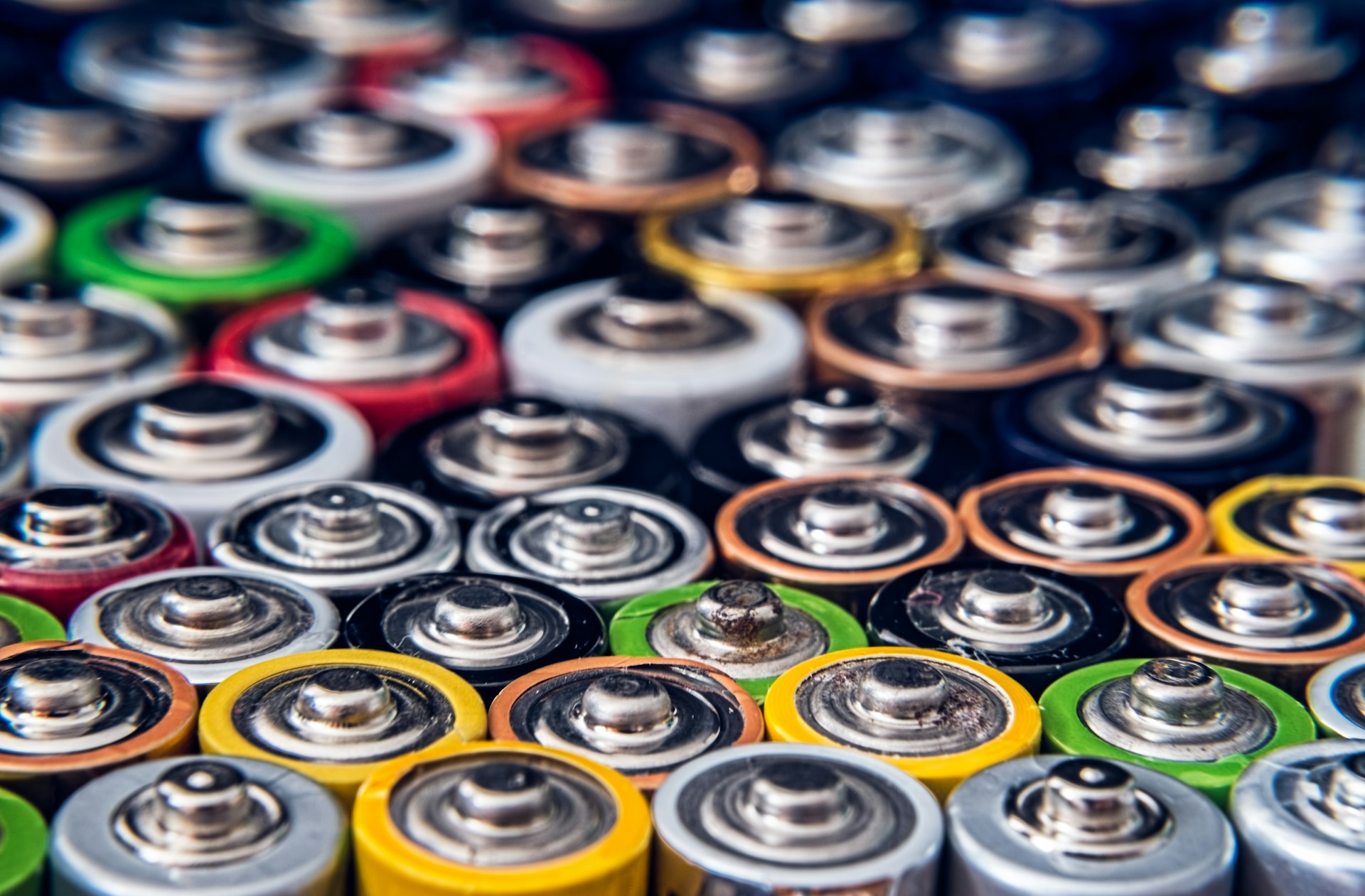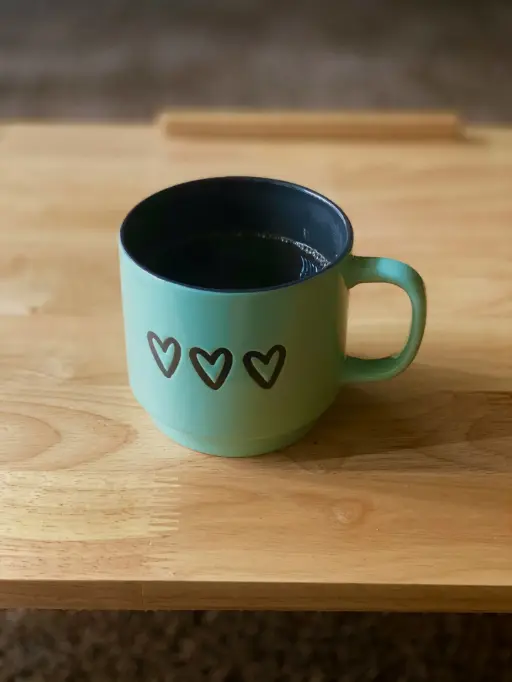In a world where sustainability is becoming increasingly important, it is important to understand which materials are recyclable. Recycling plays a crucial role in reducing waste and conserving natural resources. However, determining which materials are suitable for recycling can be a challenge. This blog provides an overview of different types of recyclable materials, their recycling processes, and the impact recycling has on our planet. This gives us insight into how we can contribute more effectively to a more sustainable world.
Paper and cardboard: recyclable everywhere
Paper and cardboard are perhaps the best-known recyclable materials. From newspapers and magazines to cardboard boxes, almost all paper products can be recycled. Recycling paper and cardboard helps reduce the demand for virgin pulp, leading to less deforestation and energy consumption. However, paper and cardboard contaminated with food or oil, like some types of packaging, can complicate the recycling process. It is therefore important to keep paper clean and dry before recycling it.
Plastics: Complex but important materials
The recycling of plastics can be complex due to the many types and compositions. Yet it is an important aspect of recycling, as plastic waste is a major environmental problem. Commonly used recyclable plastics are PET (such as in water bottles) and HDPE (used in milk jugs). However, some plastics cannot be recycled, including certain types of packaging and products. It is important to follow local plastic recycling guidelines and ensure proper separation and cleaning.
Read more:

rPET backpacks: Sustainability meets functionality
In this blog we dive into the world of rPET and explore the meaning, benefits and versatility of rPET backpacks.
Glass: Infinitely reusable
Glass is a unique material that can be recycled infinitely without loss of quality. This makes glass a very sustainable material in terms of recycling. Glass bottles and jars are easy to recycle and can be melted down into new glass products. However, window glass and specialty glass, such as that from oven dishes, require a different recycling process due to their composition. When recycling glass, it is important to ensure that it is free of contaminants such as food scraps and lids.
Metals: Valuable and efficient to recycle
Metals such as aluminum and steel can be recycled very efficiently and retain their quality. Aluminum cans, for example, can be recycled infinitely, resulting in significant savings on production costs and environmental impact. Steel, often used in food cans and other packaging, can also be efficiently recycled. When recycling metals, it is important to separate the metals from other materials, such as plastic or paper, to optimize the recycling process.
Electronic waste (E-waste): A growing problem
Electronic waste, or e-waste, is a fast-growing category of waste, given the continued proliferation of electronic devices and gadgets. E-waste often contains valuable materials such as copper, gold and silver, but also harmful substances that must be carefully processed. Specialized recycling facilities are needed to safely process and recover these materials. Proper collection and recycling of e-waste is essential to both reuse the valuable materials and minimize environmental damage.
Read more:

What is WEEE?
It is important for importers of electrical and electronic equipment from Asia to be aware of the WEEE directive for e-waste. But what is e-waste and what does it mean for you as an importer? We explain everything in this guide.
Conclusion
Recognizing and correctly recycling different materials is an important step in making our lifestyle more sustainable. By knowing which materials are recyclable, we can help reduce waste and conserve our natural resources. Recycling is an essential part of a sustainable future and it is up to all of us to support and improve this process.
Do you need help importing from China?
Westwood Sourcing offers specialist support and expertise to make importing from China successful and efficient. Contact us today for more information!









